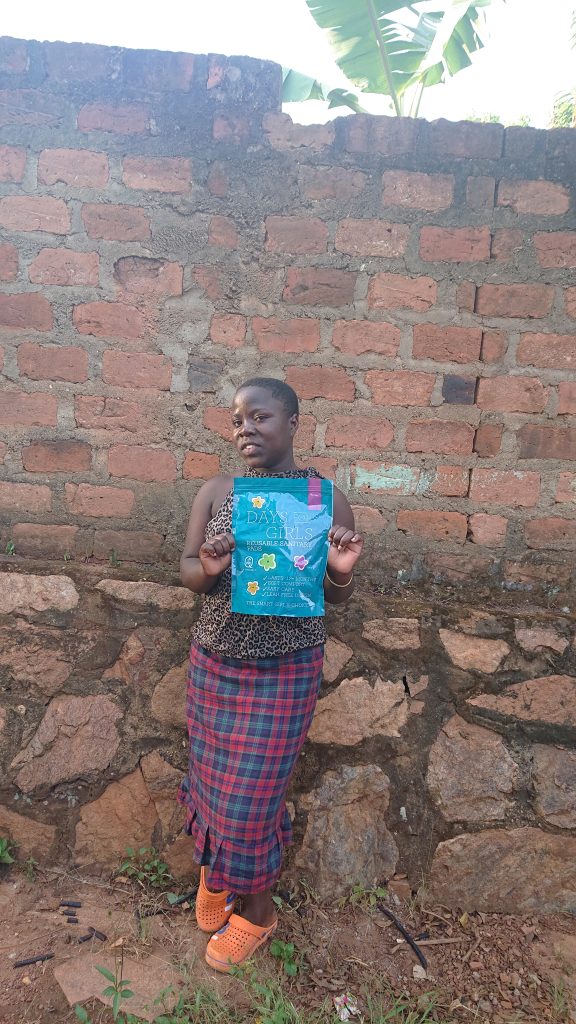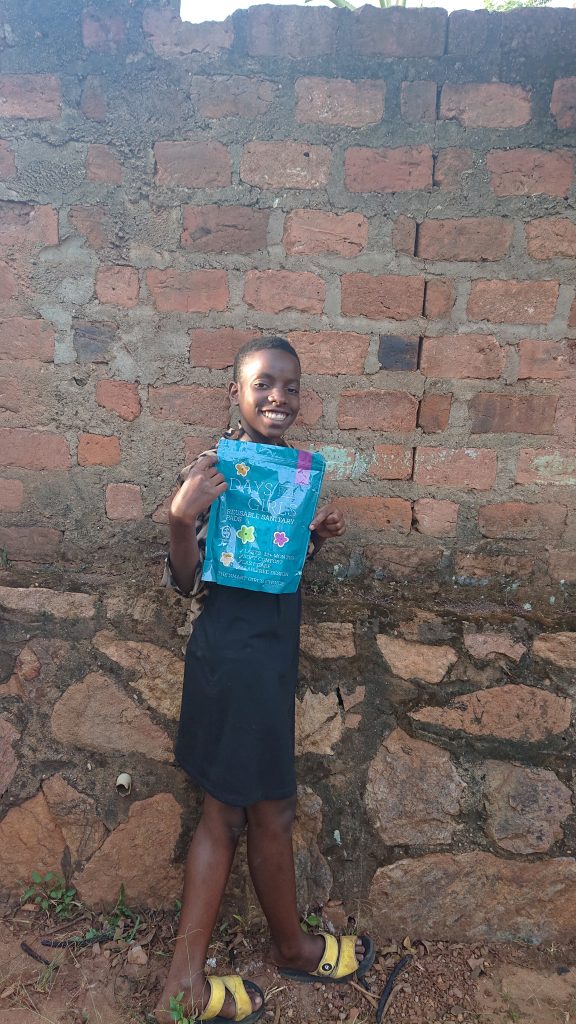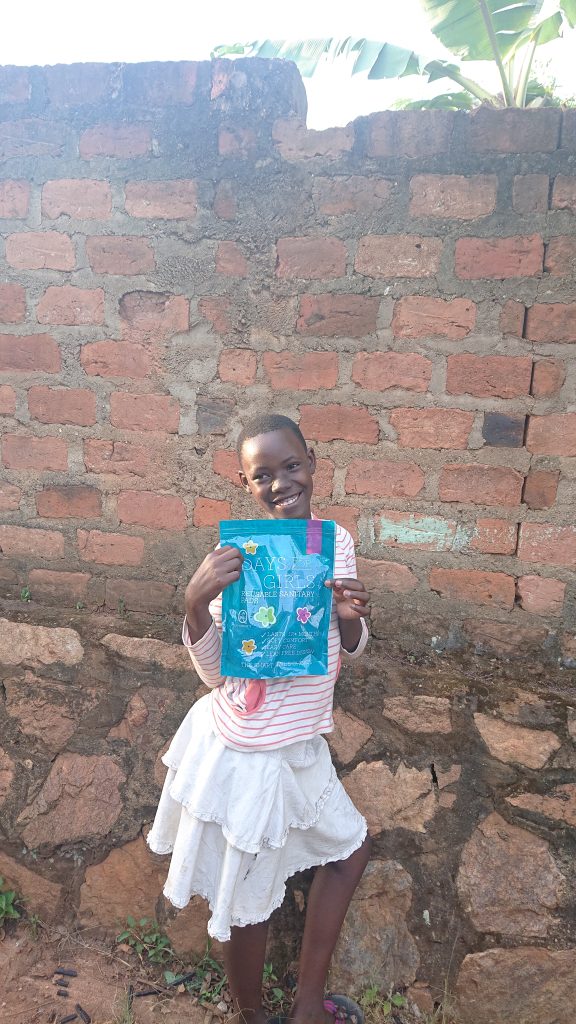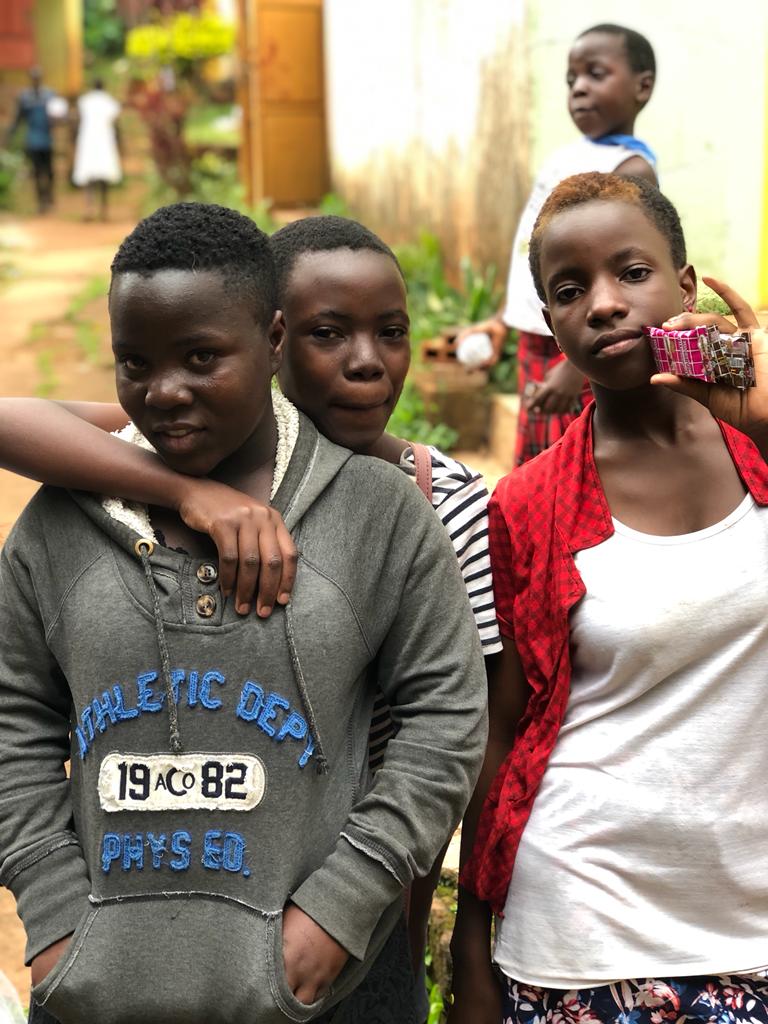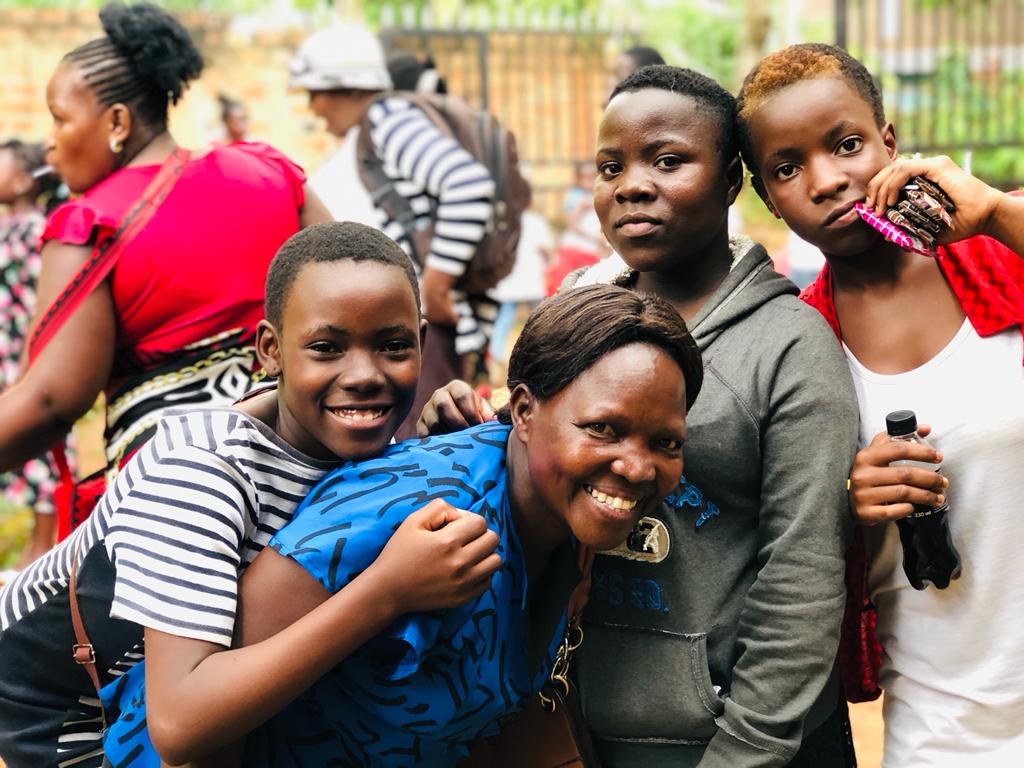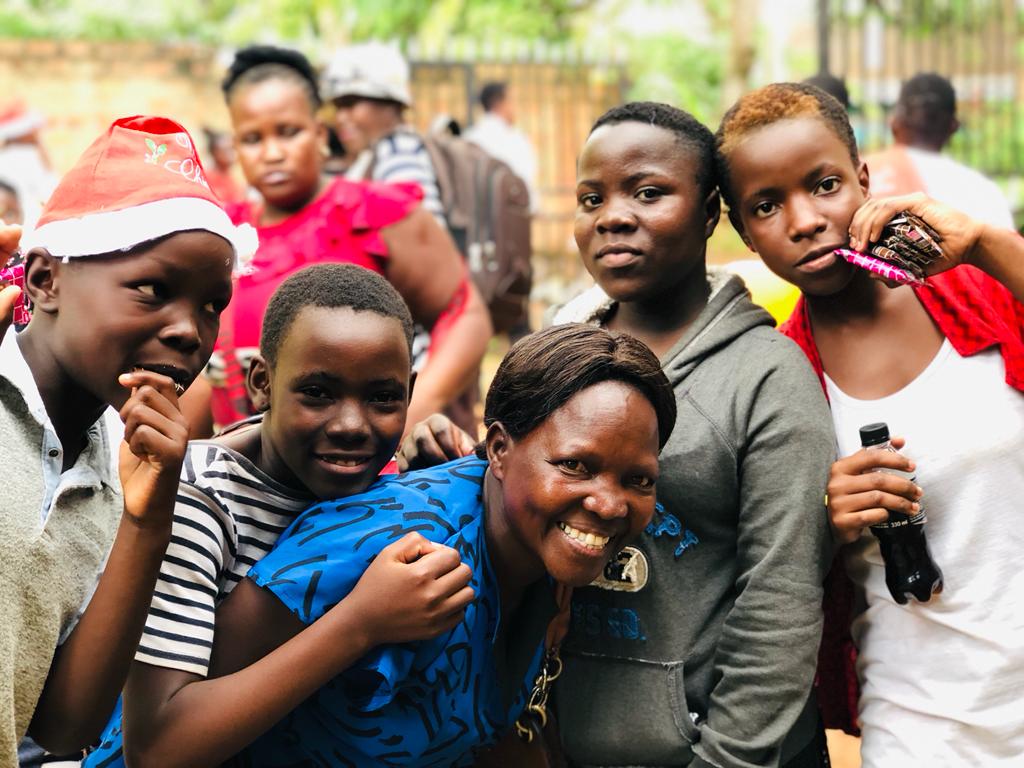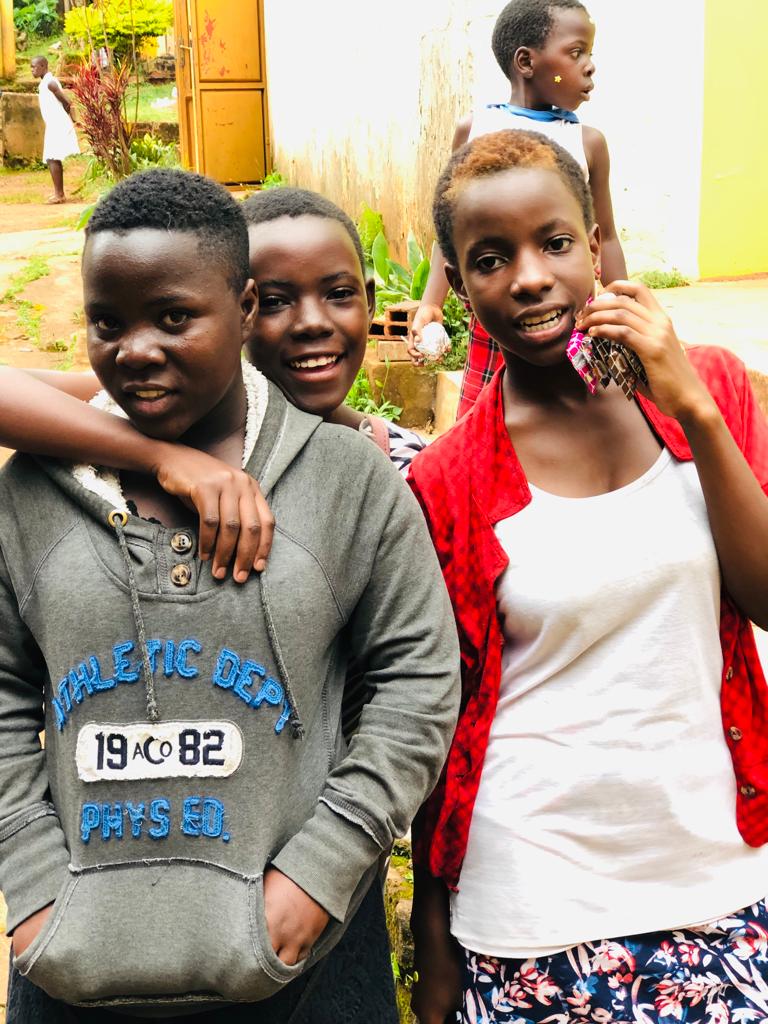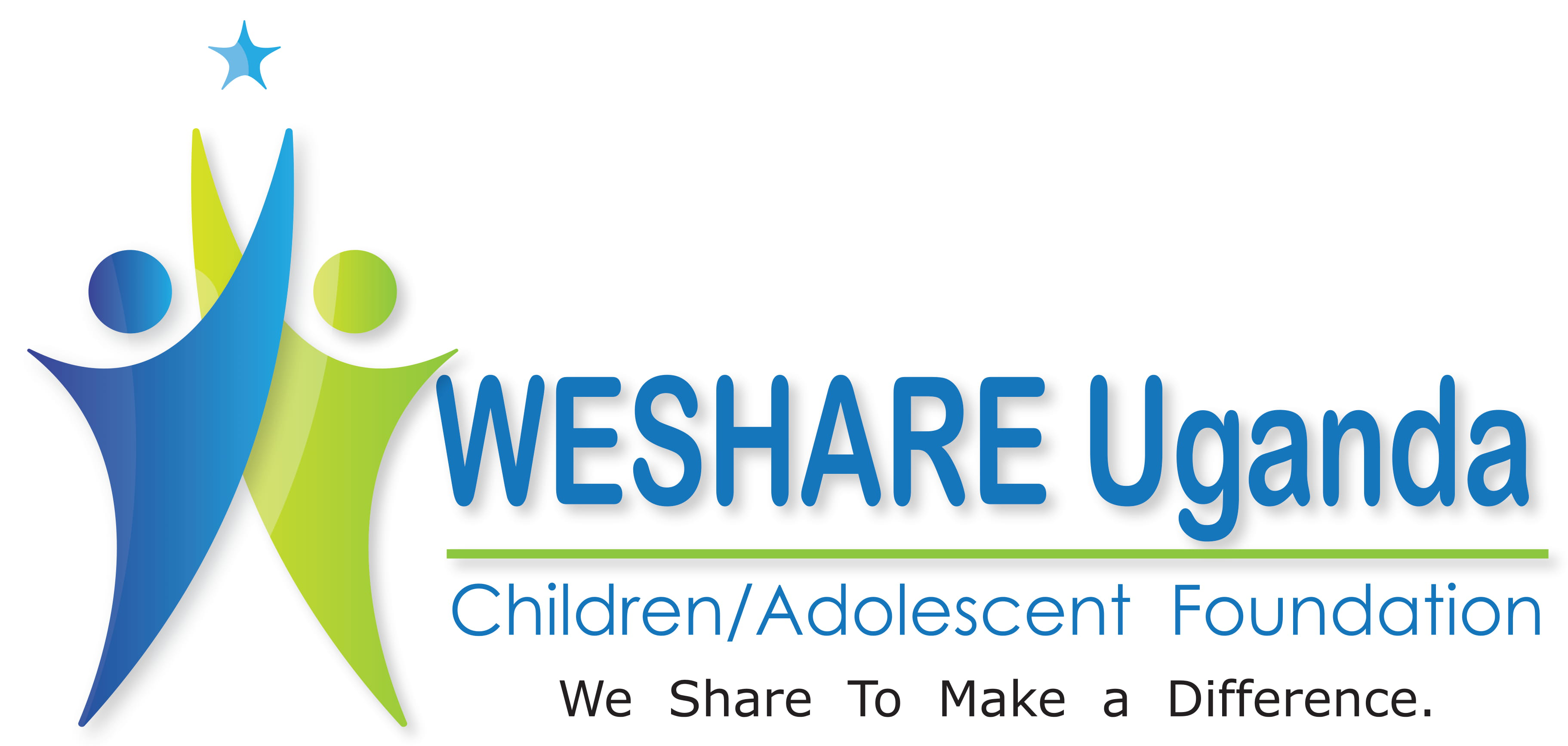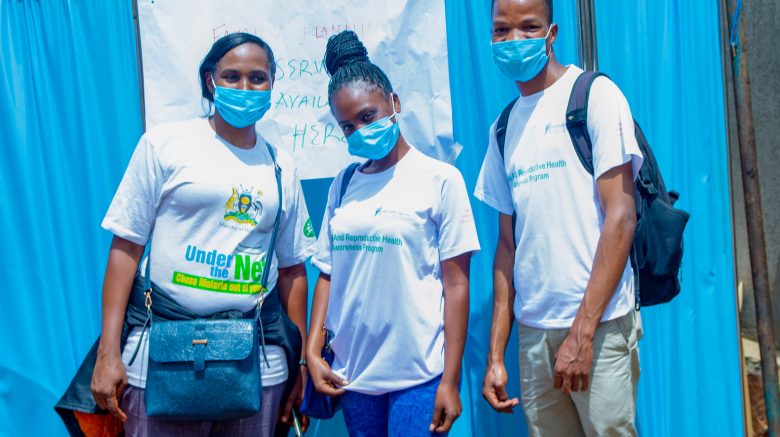Happening Saturdays 15th/May/2021 in Kajjansi slum area
Targeting ages 10-25years
Theme: “A Healthy Adolescent………….. A Healthy Nation”
Teenage Pregnancies: Let’s deal with root causes, not outcomes!
Uganda has a predominantly young population, with 53 per cent projected to be under the age of 18 years in 2020, according to the Uganda Bureau of Statistics’ 2020 Statistical Abstract. A young population is highly dependent and vulnerable and also presents serious challenges of addressing their sexual and reproductive health and rights and other conditions. If the needs of the young population are not addressed, they undermine social transformation and sustainable development. There are high rates of teenage pregnancies and many young girls drop out of schools due to early pregnancies. Teenage pregnancy is therefore a serious Public Health and social problem, for example; 1 in 4 girls in Uganda aged 13-19 years is either pregnant or has had a baby (i.e. 25 per cent have started childbearing). These rates have been worsened by the Covid-19 pandemic lockdown and closure of schools. Thousands of school girls across the country will not return to school after getting pregnant or married during the COVID-19 lock down.
Many of these pregnancies are as a result of defilement. Some are due to engagement in early sexual relationships, sometimes with peers, without accurate information on how to avoid pregnancy, beliefs in ineffective myths, fear of seeking Sexual and Reproductive Health (SRH) services or denial of access when they do. The immediate consequences of teenage pregnancies are several but the high mortality rate during birth for teenage mothers, plus frequently conducting unsafe abortions, are a serious issue.
Other effects, some long term, are the interruption in the girls’ education, contracting HIV, in addition to unemployment and thus lower income. These limit their ability to provide good nutrition and care for their children, thus negative trickle-down effects.
How then can we get girls to aspire to greater things when many of them have had their dreams suddenly brought to a standstill by pregnancy at an early age?
While it is good that the government recently addressed the visible issues like ensuring they sit exams, are these not majorly outcomes of policies, approaches and cultures that are detrimental to the lives of teenagers, their babies, families and communities? I believe we need to understand the root causes of the problems and be bold in addressing them.
One of our focus areas should be on increasing access to SRH information and services among adolescents. For instance, with adequate information about SRH, pregnancy and its negativities among younger women, they would know how to protect themselves and avoid pregnancy in the first place or other diseases such as HIV/Aids, where possible.
Indeed, another challenge to adolescents realizing their SRH rights is our cultures and beliefs. However, changing cultures is not an overnight process, but one step at a time could make a difference, starting with sensitizing communities that SRH services are not necessarily promoting immorality but also saving lives.
WESHARE-Uganda takes much priority to invest in the health of the adolescent population, we believe each and every adolescent will be provided the opportunity to access their potential and grow into healthy, responsible and independent adults. Investing in the Health of adolescents helps prevent the estimated 1.4 million deaths that occur globally every year due to HIV and pregnancy related causes, road traffic injuries, violence as well as suicide.
Finally, investing in adolescent health can prevent problems in the next generation such as pre-maturity and low birth weight in infants born to very young mothers.
WESHARE-Uganda> we share to make a Difference
